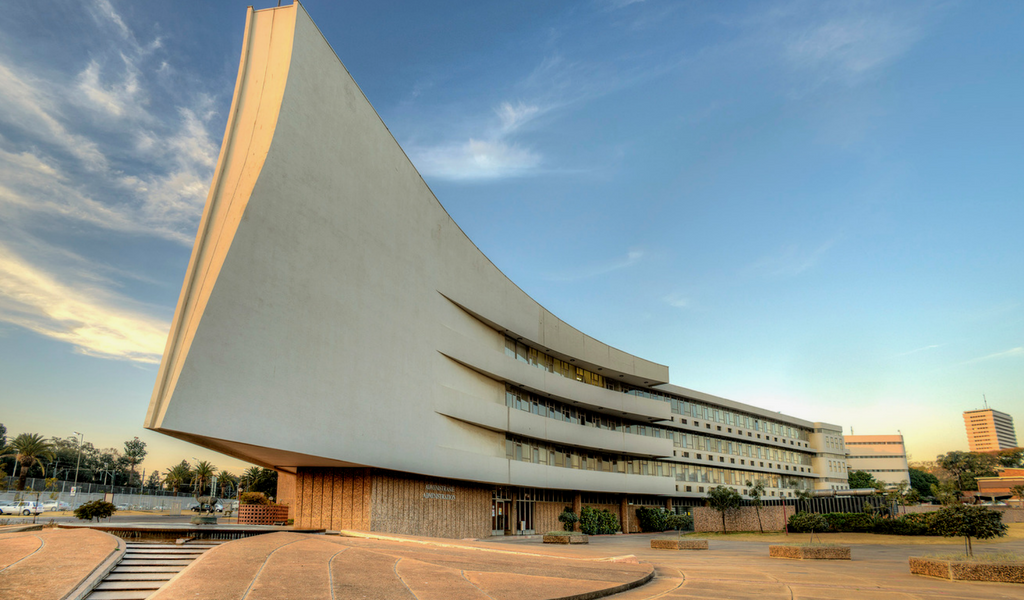by Xolani Mathibela,
The University of Pretoria’s (UP) Faculty of Engineering, Built Environment and Information Technology (EBIT) recently hosted MEC for Public Transport and Roads Infrastructure Jacob Mamabolo and a delegation from the Gauteng Department of Roads and Transport (GDRT).
The aim of the visit was to strengthen relations between the entities in anticipation of the commencement of various projects that have been approved for implementation under a Memorandum of Understanding (MoU) signed on 8 December 2021 between the two parties, and to discuss possible projects that may be of mutual benefit to both UP and the Gauteng province.
Among other things, both parties agreed that the project-specific agreement on emissions measurement should be implemented diligently and the results published to enable government and the private sector to implement interventions.
“This initiative is good news for the University; we are thrilled about this partnership,” said Prof Johan Joubert, Acting Deputy Dean for Research and Postgraduate Studies in the EBIT Faculty. “One of the University’s visions for 2025 is cooperation, similar to the kind that we are discussing with this MoU, which is to strengthen research and social responsiveness, and the impact of the University on society. It is collaborations like this that will assist us to achieve our goals.”
It was also agreed that the MoU should foster cooperation with other institutions involved in smart mobility and that UP should collaborate on various projects in Gauteng with the Council for Scientific and Industrial Research, which has partnered with the GDRT on smart mobility research and other areas in the built environment.
“UP and the GDRT must establish a governance structure to run this MoU so that it can be properly implemented,” Mamabolo said. “We plan to set up a smart mobility round table, because our vision in the department is to drive and promote smooth smart mobility in Gauteng. Transport is the backbone of any serious economy.
That is why this partnership with the University to promote efficient and effective transportation in the province – which is the biggest contributor of gross domestic product – and this MoU is a chance to turn around our economy and create more jobs.”
The resolutions decided upon at the smart mobility round table will be implemented and monitored as projects. The discussion will explore solutions in the built environment and look to implement projects in the following areas: roads pavements management; roads pavement material testing and laboratory services; training in the minibus taxi industry and the deployment of technology to improve operations in the industry; and climate change interventions in addition to emissions measurement.
“The department has registered the Gauteng Taxi Academy – which trains leaders of the taxi industry, taxi drivers and marshals – as a commercial entity,” Mamabolo said. “We are aware that UP trains leaders in the taxi industry and we would like to work with the University in that area.”
As far as climate change is concerned, Mamabolo added, the partnership can find solutions to decarbonise the roads and reduce greenhouse-gas emissions. “We also hope to look at electric vehicles going forward,” he said.
Representatives from various institutions delivered presentations during the visit. UP’s Prof James Maina offered an overview of civil engineering and road maintenance; Prof Christo Venter, also of UP, presented an overview of green energy and the minibus taxi industry; and UP’s Prof Joubert looked at industrial and systems engineering. Anton Barnard of the CSIR delivered an overview of pavement management systems, while Georges Mtari, also of the CSIR, talked about materials testing in Gauteng.
Read the original article here.

